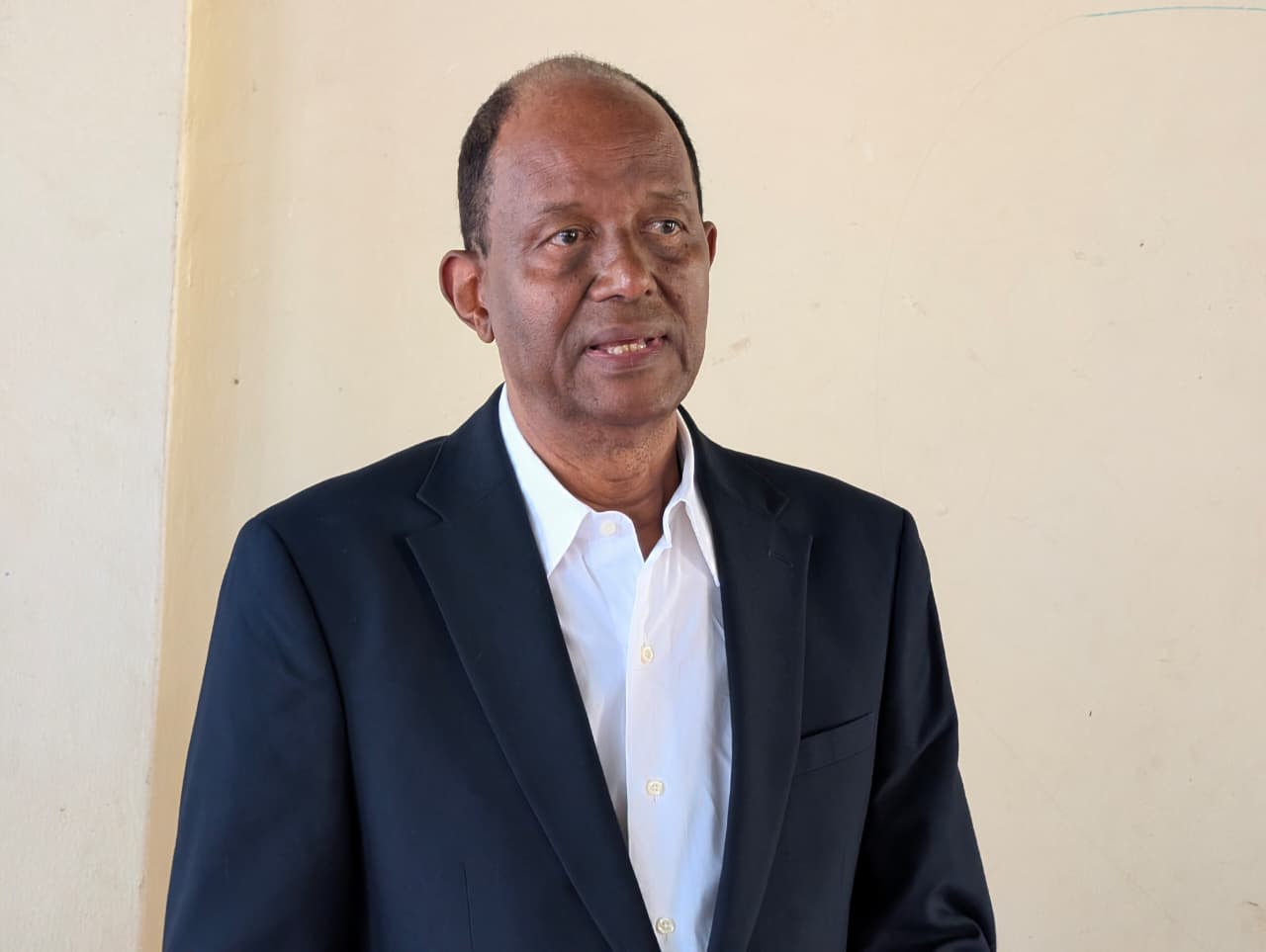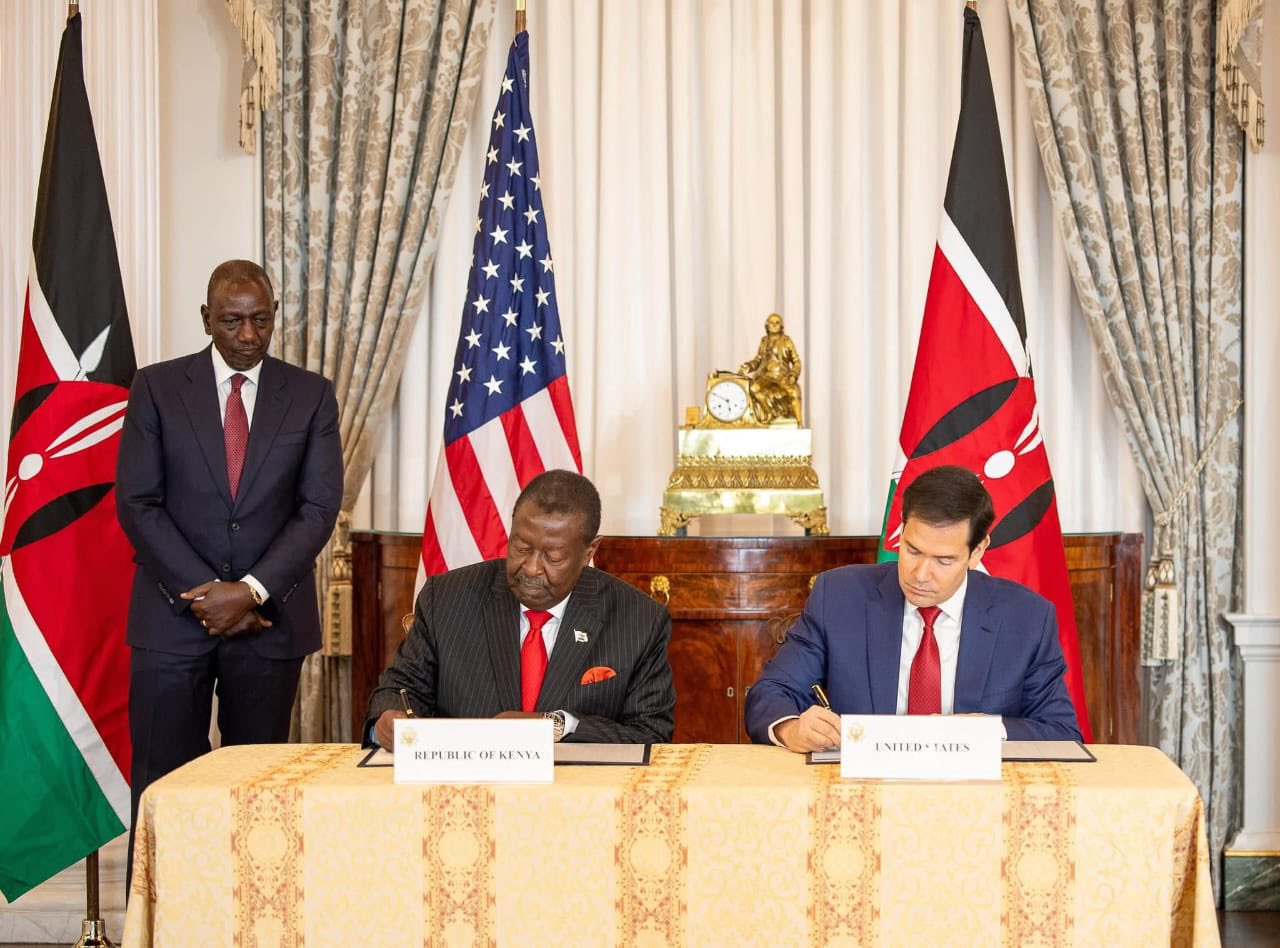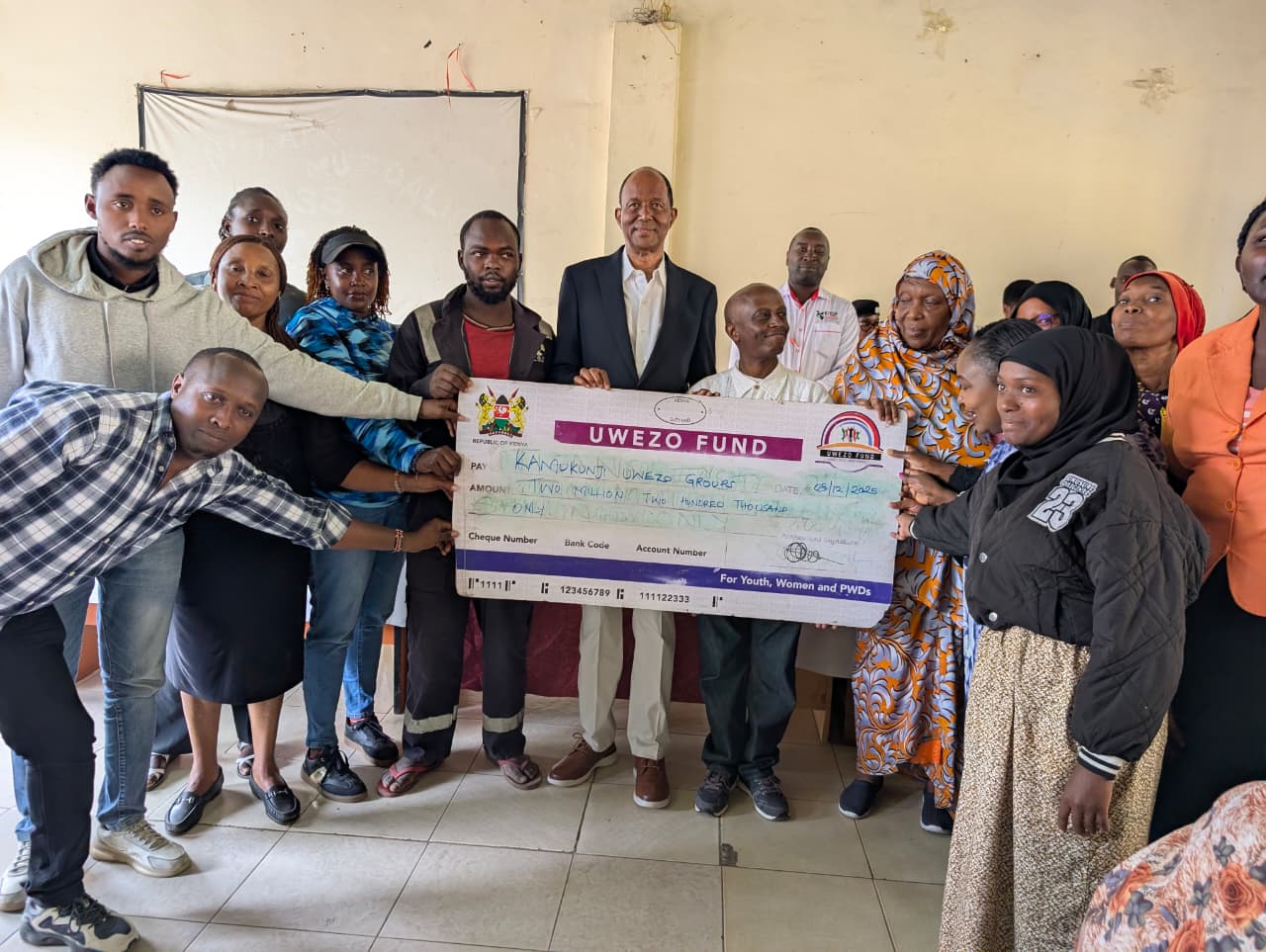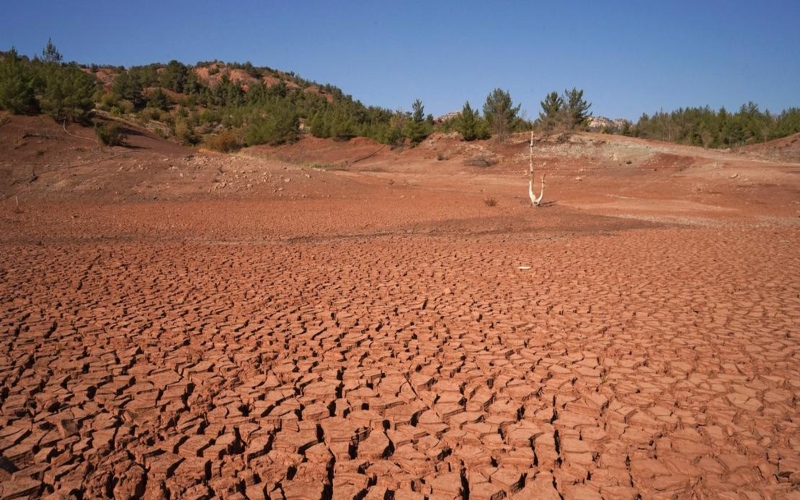Africa faces looming malaria crisis as funding cuts threaten to reverse progress
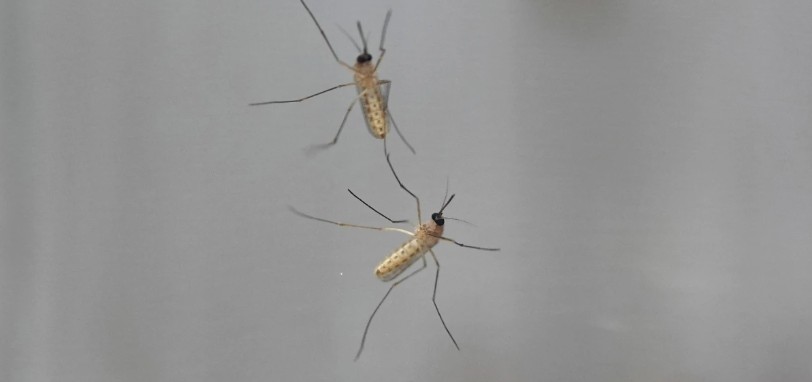
Experts say a shortfall in Global Fund support could undo decades of progress and push the continent into a full-blown malaria crisis.
Africa is staring at a potential malaria crisis that could reverse decades of progress, costing millions of lives and billions of dollars in economic losses, a new report by Malaria No More UK (MNMUK) and the African Leaders Malaria Alliance (ALMA) has warned.
The report highlights that although global malaria deaths have halved over the past 20 years, Africa still shoulders the greatest burden.
More To Read
According to the World Health Organisation’s 2024 World Malaria Report, the continent accounts for 95 per cent of the world’s 263 million malaria cases and deaths, with children under five making up 76 per cent of fatalities.
While progress has been driven by mosquito control measures, improved treatment, and stronger domestic investments, malaria continues to overwhelm health systems, disrupt daily life, and slow economic growth.
The Global Fund to Fight AIDS, Tuberculosis and Malaria—the world’s largest international financier of malaria programmes—provides 59 per cent of all overseas funding for malaria control and has invested over US$20 billion to date. The report warns that any cut to this funding could have devastating consequences.
Additional malaria cases
A 20 per cent reduction in funding, for example, could result in 137.2 million additional malaria cases and 337,000 more deaths across Africa between 2027 and 2029. If prevention efforts collapse entirely, the continent could face 525 million extra cases and 990,000 deaths, while its GDP could shrink by $83 billion (Sh10.7 trillion) by 2030.
“Fully funding the Global Fund’s work is more important than ever, and failing to do so could have catastrophic consequences for the fight against malaria,” the report reads.
The economic toll of malaria goes far beyond health. The disease slows economic growth by up to 1.3 per cent annually, leads to half a billion lost workdays each year, and reduces per capita income by an average of 70 per cent in malaria-endemic countries compared to malaria-free nations.
Children frequently miss school due to illness, affecting their education and future job prospects, while in rural areas, malaria lowers farm productivity and threatens food security. A 20 per cent reduction in Global Fund support could cost $276 million (Sh35.6 billion), and in a worst-case scenario, losses could soar to $4.3 billion (Sh553.3 billion).
Hit for tourism
Tourism would also take a hit, with the sector projected to lose $131 million (Sh16.9 billion) under moderate funding cuts, and more than $2 billion (Sh258.3 billion) if malaria prevention efforts were to collapse.
On the positive side, the report notes that meeting global malaria targets and fully supporting the Global Fund could prevent 865 million cases and 1.86 million deaths between 2025 and 2030.
This progress could boost Africa’s GDP by over $230 billion (Sh29.7 trillion), add $50 billion (Sh6.5 trillion) in export revenue, and raise farm productivity by $7 billion (Sh904 billion).
To sustain progress, the report urges full funding of the Global Fund’s 8th replenishment, stronger domestic financing for malaria programmes, and continued support for national End Malaria Councils that drive coordinated, multi-sector action.
“The creation of national End Malaria councils – which have already raised over $166 million (Sh21.4 billion) across 11 councils – is vital as they focus key national actors around the necessary multi-stakeholder support needed to achieve a ‘whole of society’ response to malaria,” the report says.
“These councils are country-owned multisectoral forums that convene senior leaders from government, private sector, religious and traditional sectors, as well as civil society and youth to support the fight against malaria.”
Top Stories Today
